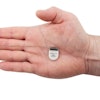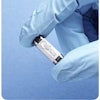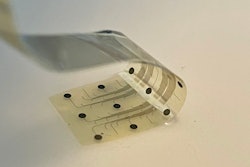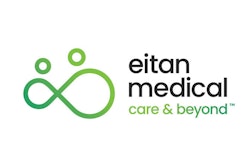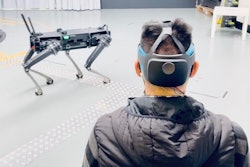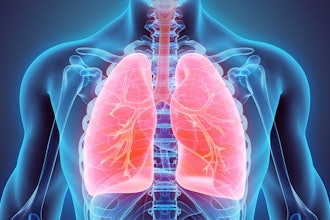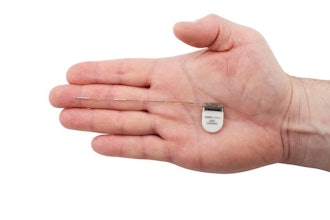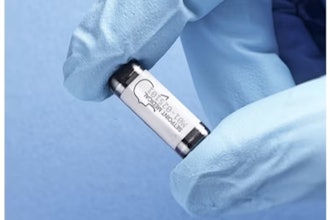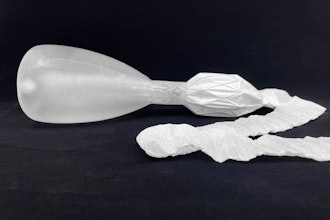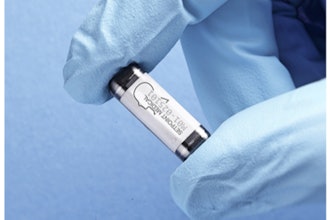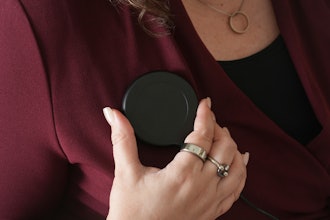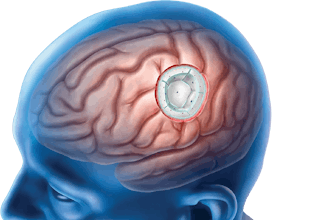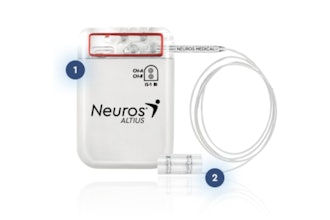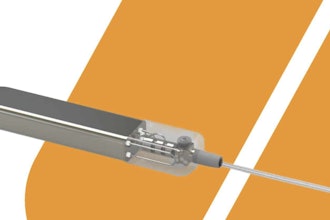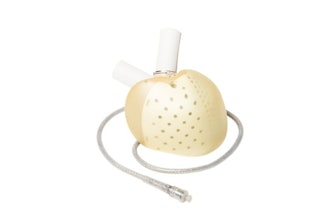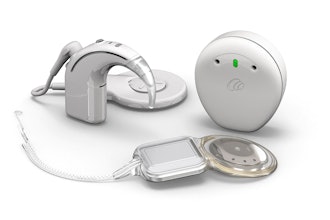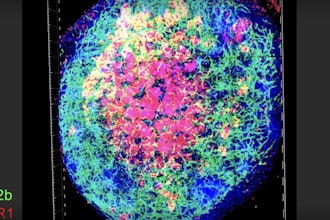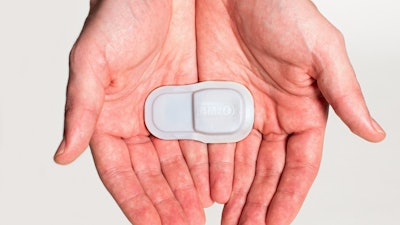
Rhaeos, Inc, a clinical stage medical device technology company, announced that it has been awarded a $1.5 million grant from the National Institutes of Health (NIH) National Institute of Neurological Disorders and Stroke (NINDS) through its Blueprint MedTech program. This grant will further the development of its FDA breakthrough designated medical technology designed to transform the management of hydrocephalus, a neurological condition affecting over one million Americans.
Hydrocephalus, characterized by an accumulation of cerebrospinal fluid (CSF) in the brain's ventricles, is a debilitating condition with severe consequences if left untreated. It affects approximately 1 in 1,000 live births, and the lack of a cure necessitates the surgical implantation of shunts to divert excess CSF away from the brain. However, shunts are highly failure-prone, with over 50% of recipients requiring surgical revision or replacement within a decade and shunt-related hospital admissions costing over $2 billion annually, which represents only a fraction of the total cost of hydrocephalus care. The diagnostic challenges associated with shunt malfunction, such as non-specific early symptoms, often lead to unnecessary emergency department visits, invasive testing, and a significant burden on patients and their families.
Rhaeos is tackling this critical issue with the development of FlowSense, the world's first wearable, wireless CSF flow monitor. Earlier funding for FlowSense from the NIH-NINDS through Award enabled the design and clinical testing of the device in a hospital setting through a multi-center clinical study for a rapid spot check of flow, bedside in the hospital. The newly funded Blueprint MedTech grant furthers this work through the development of continuous 24-hour monitoring of CSF flow through implanted shunts via noninvasive wearable sensors for inpatient and at-home monitoring.
Moreover, FlowSense's ability to collect data during sleep will open new avenues for studying CSF flow dynamics and improving our understanding of hydrocephalus pathophysiology.


